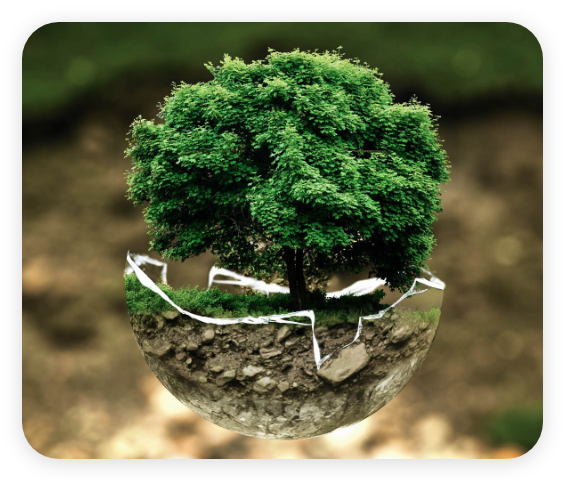The measurement of emissions of polluting substances in wastewater, at the locations of legal entities, is regulated by the Law on Water, as well as by a series of by-laws that define in detail the obligations, methods and parameters of measurement.
Testing of waste water is carried out in order to:
- Checks for compliance with legal limit values,
- Issuing and extending water permits,
- Monitoring the efficiency of wastewater treatment plants,
- Obligations for everyone who discharges waste water into a receiver or public sewer,
- Preparation of annual reports (Environmental Protection Agency and/or Local Register of Pollution Sources). The Regulation on limit values for the emission of polluting substances into water and deadlines for their achievement ("Official Gazette of RS" number: 67/2011, 48/2012 and 1/2016) prescribes lists of parameters that must be controlled, depending on the type of plant, industry and type of water that is discharged (sanitary, technological, atmospheric, etc.).
In accordance with the extent of pollution, the frequency of measuring polluting substances in wastewater is prescribed. It is most often carried out 4 times a year (quarterly) for plants with a significant discharge of waste water. Smaller polluters may have an obligation 1-2 times a year, while large polluters (eg chemical plants, energy facilities, etc.) have a monthly monitoring obligation.
In addition to service analysis of surface wastewater, "EKOS GREEN GROUP" also performs service analysis of underground wastewater using a piezometer.




